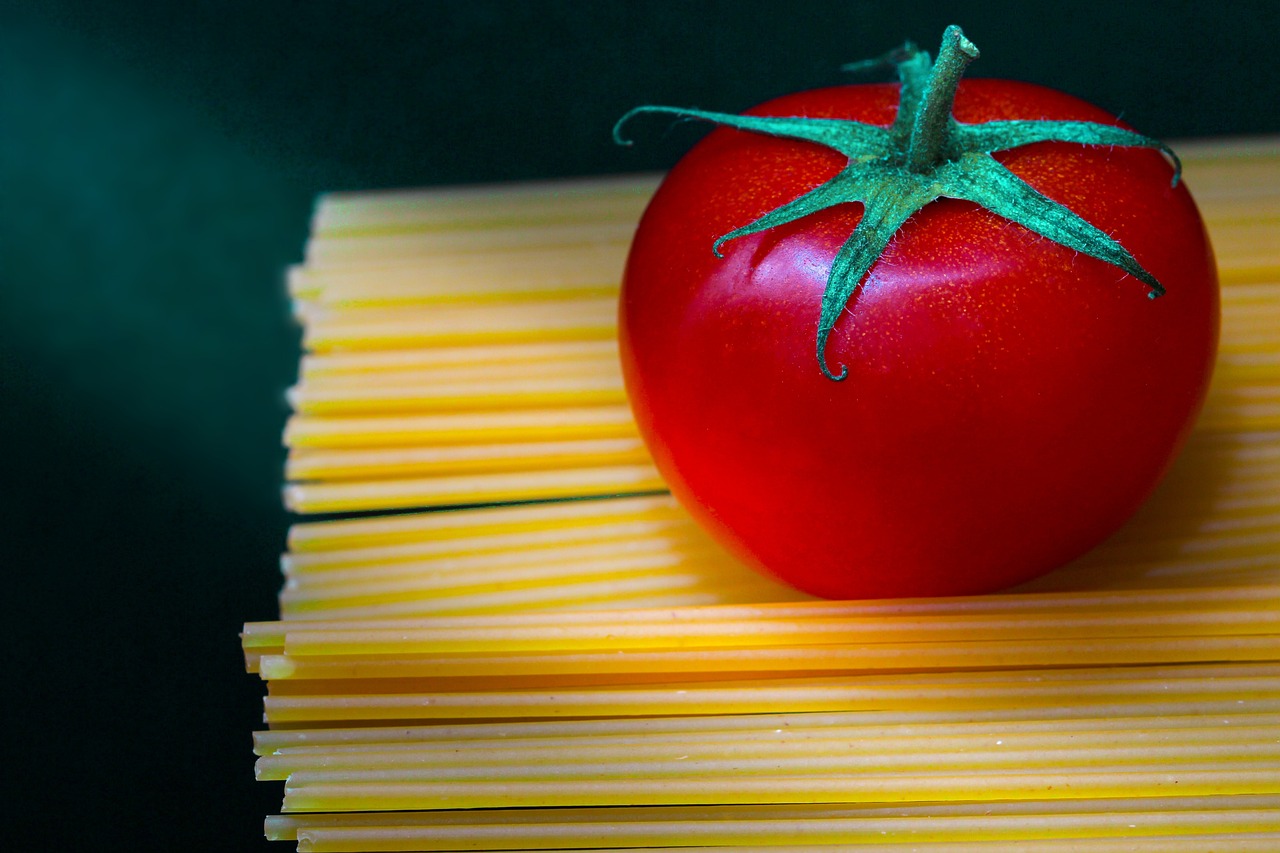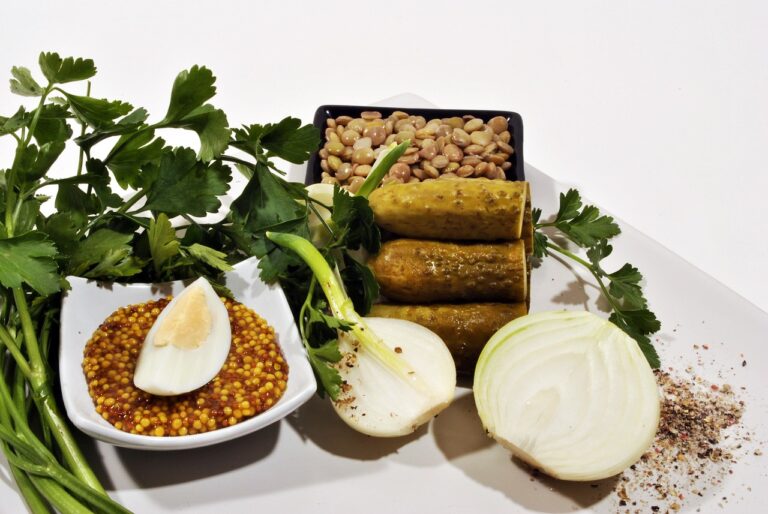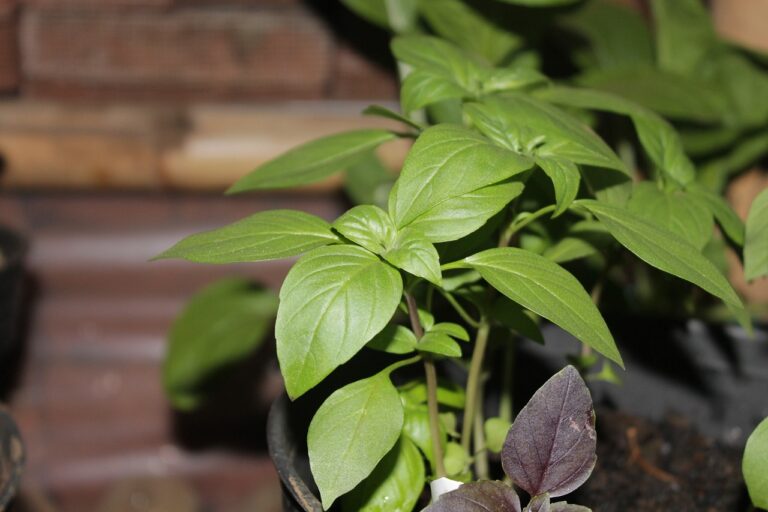Understanding the Connection Between Diet and Skin Health: Betbhai9 sign up, Radhe exchange, My laser247
betbhai9 sign up, radhe exchange, my laser247: It’s no secret that what you eat can have a significant impact on your overall health. But did you know that your diet can also play a major role in the health of your skin? That’s right – what you put into your body can directly affect the appearance and feel of your skin. In this article, we will delve into the connection between diet and skin health, and provide some tips on how to eat your way to glowing, radiant skin.
The Link Between Diet and Skin Health
Your skin is the largest organ in your body, and it serves as a crucial barrier between your internal organs and the outside world. The health of your skin is influenced by a variety of factors, including genetics, skincare routines, and yes, your diet.
When you eat a healthy, balanced diet rich in vitamins, minerals, and antioxidants, you are providing your skin with the nutrients it needs to stay healthy and vibrant. On the other hand, a diet high in processed foods, sugar, and unhealthy fats can lead to inflammation, acne, and premature aging.
To understand the connection between diet and skin health, let’s take a closer look at some key nutrients and how they can benefit your skin:
1. Omega-3 Fatty Acids
Omega-3 fatty acids are essential fats that play a vital role in maintaining healthy skin. These fats help to keep your skin hydrated, reduce inflammation, and protect against sun damage. You can find omega-3 fatty acids in fatty fish like salmon, walnuts, and flaxseeds.
2. Vitamin C
Vitamin C is a powerful antioxidant that can help to brighten your skin, boost collagen production, and protect against UV damage. Foods rich in vitamin C include citrus fruits, bell peppers, and strawberries.
3. Zinc
Zinc is a mineral that is crucial for maintaining healthy skin. It helps to regulate oil production, reduce inflammation, and promote healing. Foods high in zinc include oysters, pumpkin seeds, and lentils.
4. Vitamin E
Vitamin E is another antioxidant that can help to protect your skin from damage caused by free radicals. It also helps to moisturize your skin and improve its overall texture. Nuts, seeds, and avocados are all excellent sources of vitamin E.
5. Water
Staying hydrated is essential for healthy skin. Water helps to flush toxins from your body, keep your skin hydrated, and improve its elasticity. Aim to drink at least 8 glasses of water per day for glowing skin.
In addition to these key nutrients, it’s important to eat a diet rich in fruits, vegetables, whole grains, and lean proteins. Avoiding processed foods, sugary snacks, and excessive alcohol can also help to improve the health of your skin.
FAQs
Q: Can diet really impact the health of my skin?
A: Yes, absolutely! What you eat can have a direct impact on the appearance and feel of your skin. Eating a healthy, balanced diet rich in nutrients can help to maintain clear, radiant skin.
Q: Are there any specific foods that can help improve my skin health?
A: Yes, foods like fatty fish, citrus fruits, nuts, seeds, and leafy greens are all great for your skin. These foods are rich in vitamins, minerals, and antioxidants that can help to nourish your skin from the inside out.
Q: How long does it take to see results from changing my diet?
A: While everyone’s skin is different, you may start to see improvements in your skin within a few weeks of adopting a healthier diet. Consistency is key, so stick with it and give your skin time to respond to the changes.
In conclusion, the connection between diet and skin health is clear. By eating a nutrient-rich diet full of fruits, vegetables, and healthy fats, you can help to improve the health and appearance of your skin. So next time you reach for a snack, think about how it might be affecting your skin – your skin will thank you for it!







